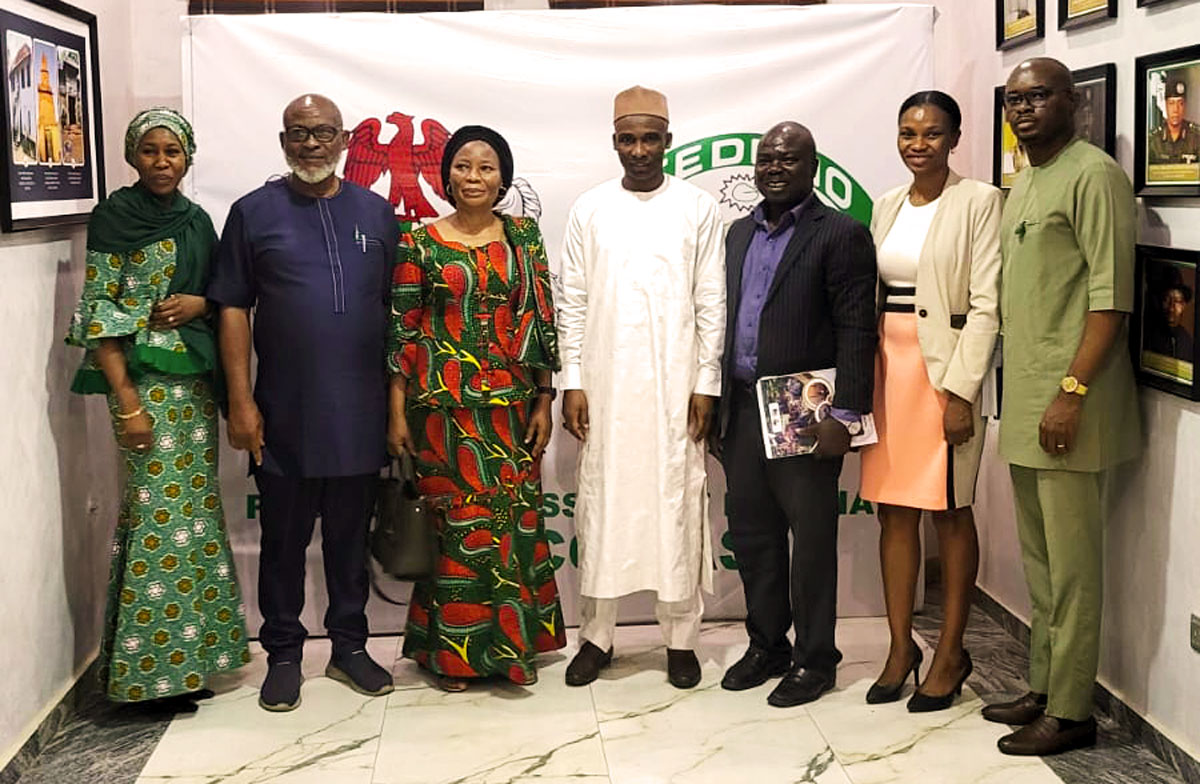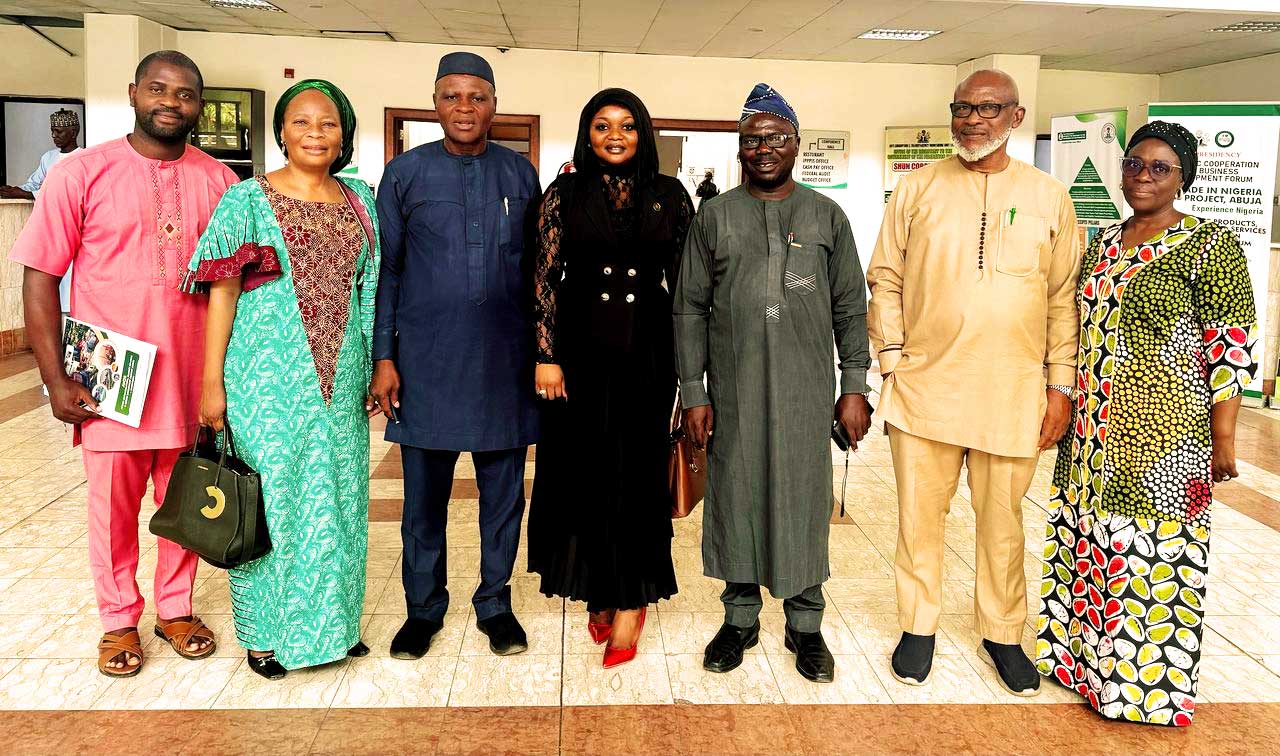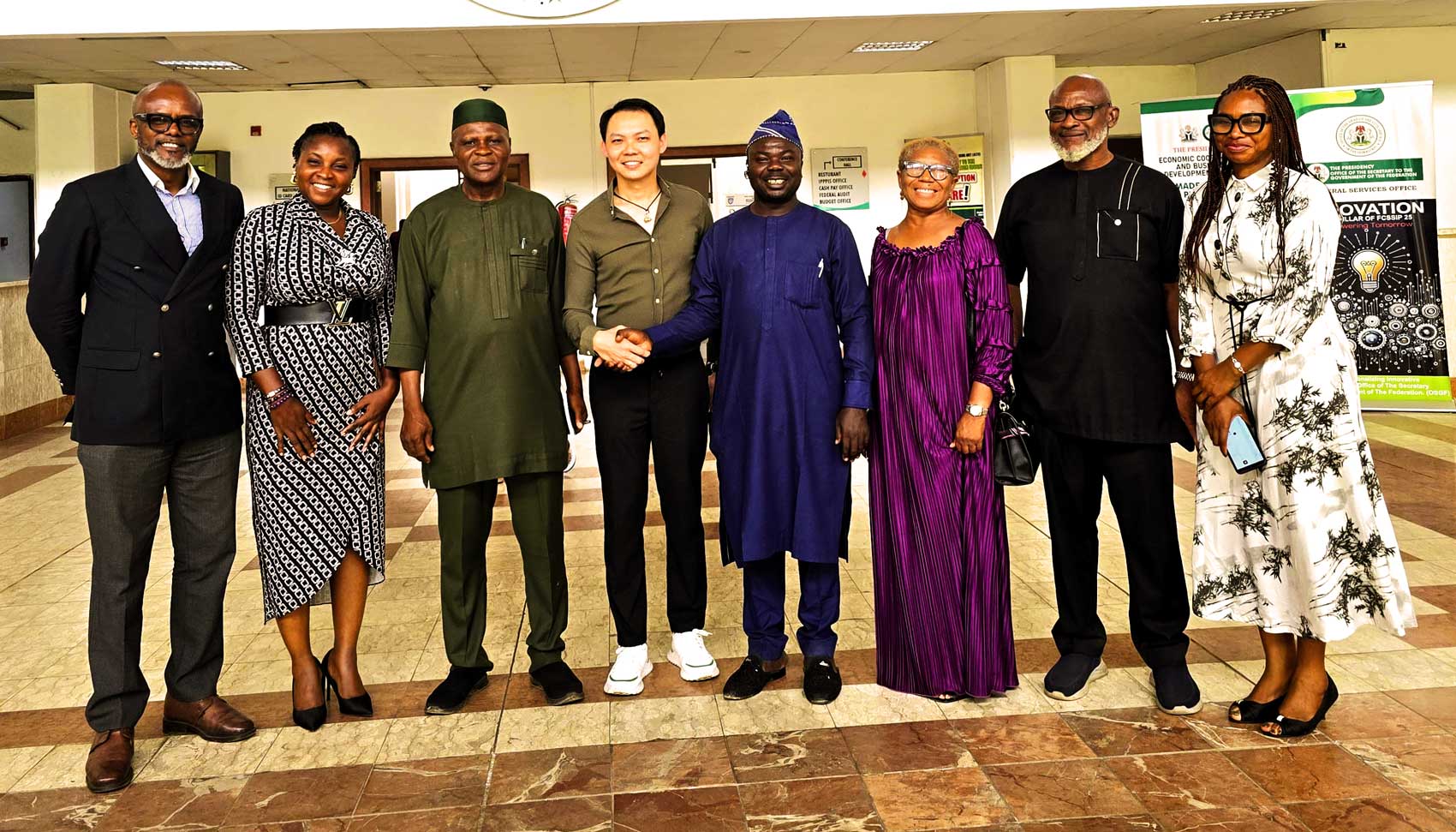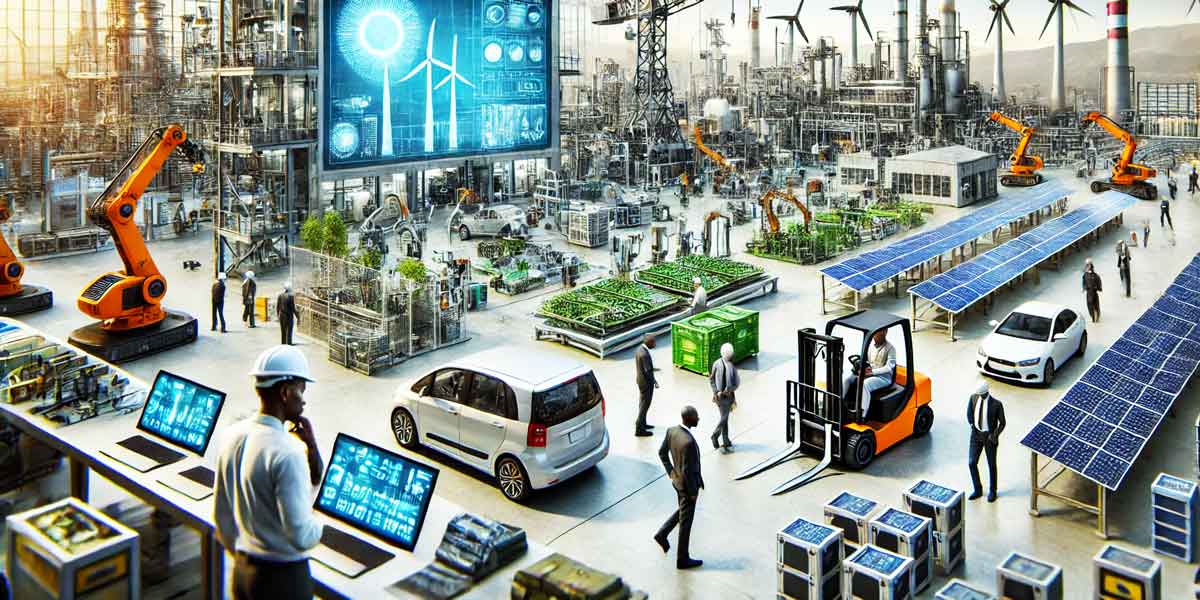The future of sustainable development in Africa lies in its ability to harness data and technology effectively. At the Africa Multilateral Infrastructure, Climate Change, and Green Investment Summit, AICIS 2025, discussions will center on how big data, AI, and digital tools can drive transformative solutions across sectors. By leveraging data, Africa can accelerate its green revolution, bridging gaps in infrastructure, agriculture, and energy while combating climate change.
The Role of Data in Green Development
Data is more than just numbers; it’s the foundation for informed decision-making and innovative solutions. Across the globe, data-driven approaches are transforming economies. Africa, with its dynamic markets and tech-savvy youth, is well-positioned to lead a digital revolution that prioritizes green growth.
Key Areas Where Data Can Make an Impact
- Climate Resilience and Adaptation:
- Predictive Analytics for Climate Patterns: Using AI to predict weather patterns, enabling farmers to optimize planting and harvest schedules.
- Disaster Preparedness: Leveraging geospatial data to identify regions vulnerable to floods or droughts, allowing for proactive intervention.
- Sustainable Agriculture:
- Precision Farming: IoT devices and satellite imagery provide farmers with insights on soil health, water use, and crop management, reducing resource waste.
- Market Insights: Real-time data platforms can connect farmers to buyers, ensuring fair prices and reducing post-harvest losses.
- Energy Optimization:
- Smart Grids: Using data to balance energy supply and demand, ensuring efficient distribution of renewable power sources like solar and wind.
- Energy Access Mapping: Identifying underserved areas to prioritize investments in off-grid renewable energy solutions.
- Urban Development:
- Traffic Management: Data-driven systems can reduce urban congestion, lowering carbon emissions.
- Smart Infrastructure: Integrating sensors into infrastructure projects to monitor usage and detect maintenance needs, extending their lifespan.
Data Innovations Already Driving Change in Africa
- Digital Farmer Platforms: In Kenya, platforms like M-Farm provide farmers with real-time market data, empowering them to negotiate better prices.
- Renewable Energy Monitoring: Companies like South Africa’s EnergyNet use AI to optimize solar panel efficiency, maximizing energy output.
- Urban Analytics in Rwanda: Kigali’s smart city initiatives use data to manage traffic, waste, and public services efficiently.
AICIS 2025: Paving the Way for Data-Driven Green Growth
The summit will offer unparalleled opportunities to explore data’s transformative potential through:
- Workshops and Panels: Experts will discuss strategies for integrating data solutions into climate and infrastructure policies.
- Exhibitions: Tech companies will showcase cutting-edge tools like AI-based climate monitoring systems and blockchain platforms for green finance.
- Networking Opportunities: Facilitating partnerships between governments, businesses, and tech innovators to scale data-driven initiatives.
Challenges to Address
While the opportunities are immense, Africa must overcome barriers like limited internet access, low data literacy, and inadequate infrastructure to fully leverage the power of data. AICIS 2025 will provide a platform to tackle these challenges collaboratively.
Why It Matters
The integration of data into Africa’s green development strategies is not just about efficiency—it’s about empowerment. By democratizing access to information and fostering innovation, data can level the playing field, ensuring sustainable growth that benefits everyone.
Be the Future
Africa’s green future will be built on a foundation of knowledge, technology, and collaboration. AICIS 2025 invites you to join the movement, where data becomes the key to unlocking a sustainable and prosperous continent. Together, let’s harness the power of data for Africa’s green revolution.
#AICIS2025 #DataForAfrica #GreenRevolution #SustainableDevelopment #DigitalInnovation #TechForGood




